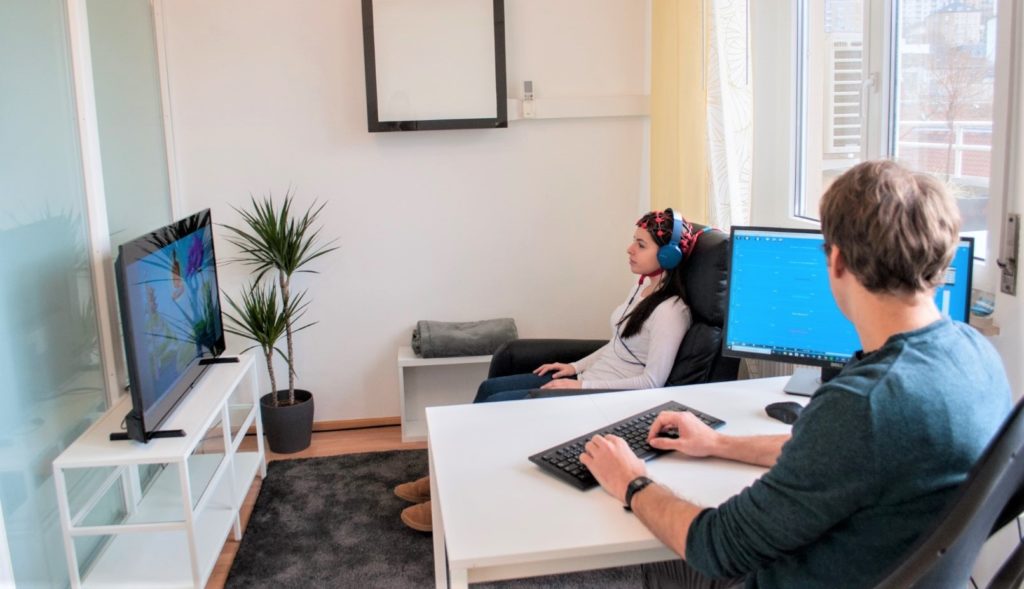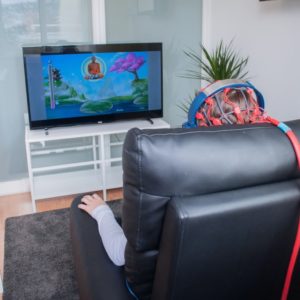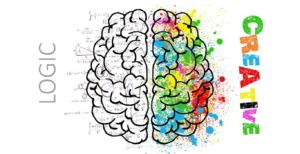Biofeedback is a method to improve the regulation of physiological processes of the body. It is a non-invasive procedure, as there is no external interference with the body’s own processes. Instead, attention is directed to these processes. Biofeedback can be understood as an umbrella term for regulatory training of various physiological processes. Frequently, cardiac activity, such as heart rate, muscle tension and electrodermal activity, such as skin conductance, are used. Other unconscious functions of the autonomic nervous system, such as blood pressure, body temperature and respiration, can also be trained using biofeedback. Since these various parameters are usually not consciously perceived in everyday life, their changes are fed back by external signals. Sounds or visual impressions serve as information as to whether the corresponding parameter has changed in the desired direction. Feedback in real time allows a sense of this to be learned and voluntary regulation to take place.
Neurofeedback is a type of biofeedback that is limited to regulatory mechanisms of brain activity. The activity is usually derived by electroenzophalography (EEG). Biofeedback is thus the umbrella term, which can be roughly divided into two categories: peripheral feedback and neurofeedback.
Depending on the symptoms and the reason for treatment, brain activity or another physiological parameter is trained. Neurofeedback by means of EEG is, according to the study situation, suitable for example for epilepsy, generalised anxiety disorder, sleep disorder or ADHD. Other forms of biofeedback are suitable for chronic back pain, fibromyalgia, urinary incontinence, circulatory disorders such as Raynaud’s syndrome or chronic fatigue syndrome.
Depending on what is to be treated, bio- and neurofeedback can also be used in combination to increase the effectiveness of the treatment. As an example, in cases of insomnia, a combination of neurofeedback training and regulatory training for relaxed muscle activity can help you to put yourself in a relaxed state and fall asleep more easily. Biofeedback, as well as the subcategory neurofeedback, are in many cases not sufficient therapy for serious diseases, but can be used as a support.
Literature
Arns, M., De Ridder, S., Strehl, U., Breteler, M., & Coenen, A. (2009). Efficacy of neurofeedback treatment in ADHD: the effects on inattention, impulsivity and hyperactivity: a meta-analysis. Clinical EEG and neuroscience, 40(3), 180-189.
Ney, R. (23.03.2009) Biofeedback: Entspannung für schlafgestörte Patienten. Ärzte Zeitung. Retrieved from https://www.aerztezeitung.de/Medizin/Biofeedback-Entspannung-fuer-schlafgestoerte-Patienten-364803.html.
Schoenberg PL, David AS. Biofeedback for psychiatric disorders: a systematic review. Appl Psychophysiol Biofeedback 2014; 39: 109-135
Tan, G., Thornby, J., Hammond, D. C., Strehl, U., Canady, B., Arnemann, K., & Kaiser, D. A. (2009). Meta-analysis of EEG biofeedback in treating epilepsy. Clinical EEG and neuroscience, 40(3), 173-179.
Wiedemann M. (2016) Peripheres Biofeedback. In: Praxisbuch Biofeedback und Neurofeedback. Springer, Berlin, Heidelberg
Windthorst, P., Veit, R., Enck, P., Smolka, R., Zipfel, S., & Teufel, M. (2015). Biofeedback und Neurofeedback: Anwendungsmöglichkeiten in Psychosomatik und Psychotherapie. PPmP-Psychotherapie· Psychosomatik· Medizinische Psychologie, 65(03/04), 146-158.




